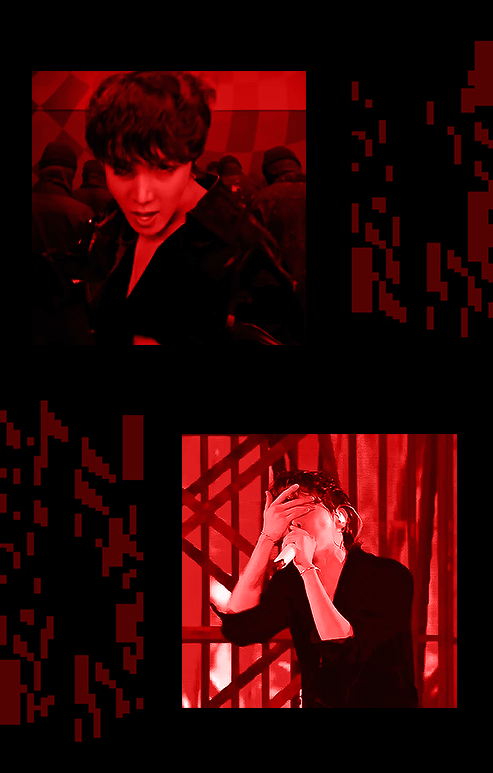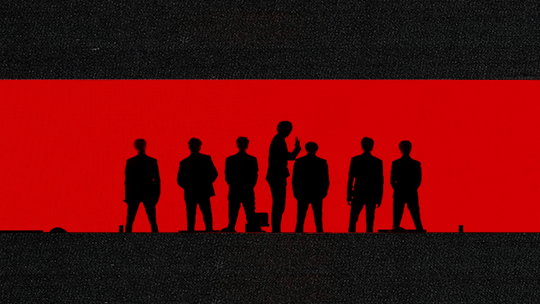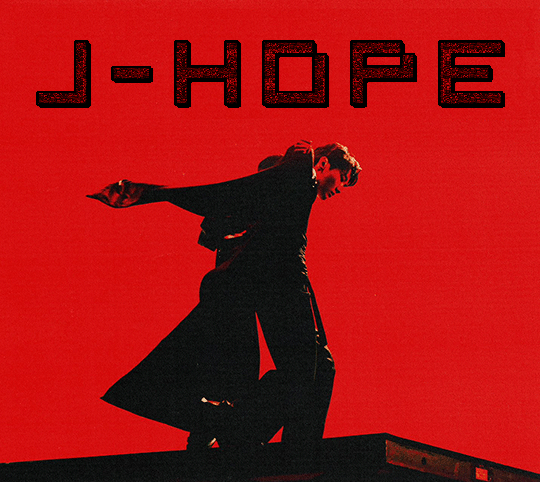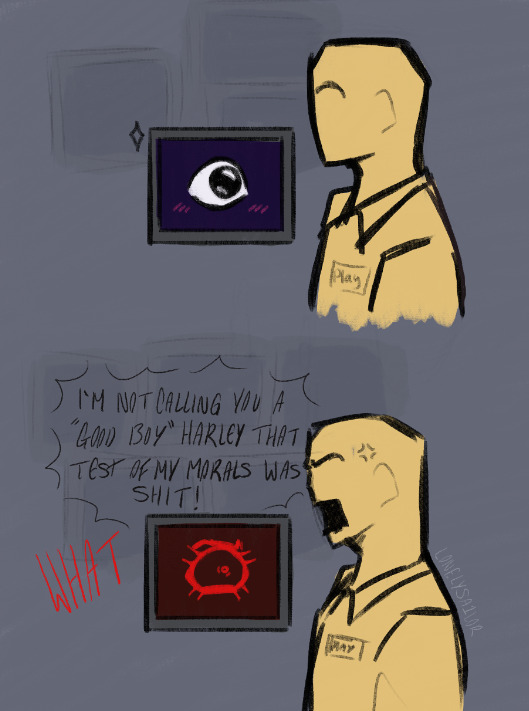#aNYway
Explore tagged Tumblr posts
Text


Quince, Blis, and Lady Pomelo. Just a few more characters from my sapphic fairy comic
#fairydoll#fairydoll comic#quince#blis#bilsted#pomelo#lady pomelo#my art#fairy doll#the fairy comic is still in production#its a wip!#anyway#enjoy my twink my butch and my cutie femme
1K notes
·
View notes
Text




Color Psychology, Red;
Love, Power, Passion, Confidence, Aggression, Dominance, Attraction, Persuasion, Performance, Energy, Risk-taking, Unapologetic, Intense, Fiery
❤️ Happy Birthday j-hope ❤️
#Hoseok#j-hope#Jung Hoseok#jhope#BTS#BTSedit#BTSgif#sabedits#screaming crying throwing up this is the THIRD set I've made 'cause I didn't like the others I did and I STILL DON'T LIKE THIS#I'll post the other one too but fuck I'm over it#as soon as I had to scrap my MIC Drop idea I was just like WTF do I even do...#anyway#happy birthday to my man my star my hope!!!#even if I can't make the gifset I had in my brain I still love you so much and am SO excited to you next month yippee!
398 notes
·
View notes
Text
They just *sob* they just mean so much to me 😭😭😭😭


Anyway they're so unbelievably in love your honour
I need them to race HARD against each other this season your honour
Yes I believe they are soulmates your honour
#lestappen#charles leclerc#max verstappen#formula 1#IM BAAAAAAAACK#lestappenposting#once again#and better then ever!!#(i learnt more english! yay)#anyway#now i miss f1 more than anything#bring back my cars#vroom vroom#I need them back racing#the car launch was great#btw#max didnt want to be there#charles did#they are so cute#mwah mwah#miss them :(
272 notes
·
View notes
Text
Tim: *confidently* You’re not going to kill me.
Jason: *pointing a gun at Tim’s face* Uh…why not, exactly?
Tim: Because you’re not homophobic.
Jason: …I’m not following.
Tim: I’m the gay Robin. Or bi Robin, but you get the idea. You can’t kill off the token gay Robin, that’s bury your gays!
Jason: …Dick is pan. He can be the new gay Robin.
Tim: No, no, no. Dick is the first Robin. I’m the gay Robin. Duke is the Black Robin. Steph is the girl Robin. Damian is the cute Robin.
Jason: What am I, then, the murderous Robin?
Cass, who has snuck up on Jason during the conversation: No. Loser Robin. *knocks Jason unconscious*
#stop breaking the fourth wall Timmy!#anyway#I was discussing the bloated batfamily with my mom#and ended up listing why they couldn’t write each character out#because they’re all some sort of token#I return to my roots: incorrect Batfamily quotes#dc#batman#dc comics#dcu#batfamily#batfam#jason todd#tim drake#cassandra cain#incorrect batman quotes#incorrect quotes#incorrect batfamily quotes#incorrect batfam quotes#incorrect dc quotes#incorrect quote
250 notes
·
View notes
Text
If I told my younger self that one of her favorite artist would reblog our post in the future and do this she would have fainted

popular follower
37K notes
·
View notes
Text

hey its the cute, marketable versions of sam and max!!
#its freaking 4am for me rn#i did not stop#this is like the first peice ive done this year#fml#i have stuff to do tomorrow#'i have to go to the bank later'#anyway#sam and max#digital art#teehee#parker’s art#sam and max fanart#sam and max season 3#WHY ARE THEIR SO MANY TAGS#technically this is freelance husbands#but theyre little kids so imagine it in a sweet little they hold hands and share their lunch#freelance husbands#im so tired#sam and max the devil's playhouse#sam and max save the world#technicallt this is beyond time and space#the only one i havent tagged#sam and max beyond time and space#i used rhe wrong 'there' earlier i apologise if you noticed#just reiterating#its 4am
241 notes
·
View notes
Text
They had a nice long conversation about everything once the game was over trust me
#I love karkat and jade#Not even in a ship way (though I dont have a problem with that) they just make me nuts#He stewed in that shit for the WHOLE three year journey#He set her as his password 🙁#And like#when you take into consideration that karkat kind of loses most of his friends on that meteor it’s like#Wow that boy is clinging#Anyway#tbats all#homestuck#homestuck fanart#homestuck art#homestuck karkat#karkat vantas#homestuck jade#jade harley#digital art#animation#animatic#procreate#zack art
223 notes
·
View notes
Text

#for a man who seems to be doing great at gaslight child torture girlboss or whatever it is he really didnt do much#my personal interpretation of the player wouldnt blink twice honestly#fuck them kids and fuck you too - the player. at some point. probably before the hour of joy#anyway#poppy playtime#poppy playtime fanart#dr harley sawyer#the player poppy playtime#securityangel#cause why not#poppy playtime the doctor#my art#my art 2025
289 notes
·
View notes
Text
@funnier-as-a-system
normalize not knowing anything about yourself. like who’s that guy lol
#probably tagged already but COME ON too easy#anyway#me#brain stuff#now im trying to categorize different headmates too i end up running into the trap of i dont fucking know shit about them idk#and they dont either like yesterday i was trying jc weird dsy and it was like man fuck do i know who am i im me
12K notes
·
View notes
Text
thinking thoughts ,,,,,,

#considered making it black but silver looked better icl#anyway#sick to my stomach#I made the edit myself and I still feel unwell looking at it#my god 😭#phan#dan and phil#amazingphil#daniel howell#phil lester#dnp#dip n pip#danisnotonfire#dan howell#dapg
202 notes
·
View notes
Text
sorry i need to get this out of system: PHIL LESTER HAS SUCH A SLUTTY WAIST!! ITTY BITTY WAIST! HE IS BUILT SO FUCKING WELL! AND HE HAS NICE SHOULDERS! DAMN
#sorry phil is really well built#and i just needed to say it#anyway#how has your night been?#dan and phil#phan#phil lester#amazingphil
201 notes
·
View notes
Text

[ Intertwined ]
Another illustration I made for the event I was in! The sonic phase hit for a few days and I had to take advantage of that.
#my art#digital art#fan art#sonic#shadow#sonadow#sonic the hedgehog#shadow the hedgehog#Something something people meant to find each other and have their lives connected somehow#ok to be honest#I don't really ship sonadow but#I did have that in mind when making this one#... I've come to realize that every time I ship characters I try to portray something soft#more comforting#kinda the vibe I was going for this one#anyway
187 notes
·
View notes
Text
Can’t afford nothing right now 😍

6K notes
·
View notes
Text
cupid's arrow
166 notes
·
View notes
Text
I've been a pretty harsh critic of Dr. Friedman and Polygon's general Critical Role coverage in the past, and while I think her latest article for them critiquing Campaign 3 is a fairly good one, it does in many ways cast an even harsher light on her kid-gloves handling of D20 and WBN. However, I want to talk about these two excerpts, because I think she hits on something I've increasingly noticed in Actual Play:
"This is where Critical Role’s strength — that Exandria often feels like a real, complex world — collided with the needs of a D&D campaign (a clear adversary, clear plans of action, forward momentum)."
and
"But the confused way D&D handles religion and divinity — polytheism as imagined by midwestern American Protestants — turned the question of how to handle this particular cosmic horror into a glue trap, paralyzing the players for dozens of hours of circular existential debates. Gods once mechanized (or digestible) become just another power bloc, and for players used to a system where in the end you are “basically gods,” the line gets blurrier still. And as D&D’s messy cosmology added friction to much of the campaign, D&D’s mechanics also don’t have the necessary friction for the interpersonal beats that make Critical Role compelling."
I agree with both these statements, as someone who, to be clear, enjoys D&D 5e. D&D supports a range of narratives, but all are ultimately a story of gaining power and fighting off or through a series of adversaries; if your characters are not doing that, it raises the question of why you picked a system that gives you few other options. (This is also, I should note, an increasingly loud question when it comes to Worlds Beyond Number; I fell behind for personal reasons after the Coven arc, but Brennan's initial statements about D&D as scaffolding were perhaps too true; almost every interesting mechanic, in a game with minimal combat that has thus far felt primarily focused on how the three protagonists have fundamentally different adversaries, has been homebrewed, to the point where the cosmology and baggage of D&D has felt like a liability rather than an asset).
D&D also has, in part due to such programs as D20, developed a reputation for being world-agnostic, and that ultimately isn't true. D&D does struggle to make the lines between "real divinity", an archfey or similarly powerful entity, and a L20 character feel sharply defined on a mechanical level; once you give a god a stat block, it can be killed (and on a metanarrative level, revealing the gods' statblocks in Downfall serves to make them both immense, yet also more fragile. The hit points are many, but still finite.) There are a number of questions most D&D worlds simply fail to address - and to be clear, this is not a flaw provided you have buy in. A level 2 warlock in D&D is, in most societies, an one-person lethal force unless the entire town swarms them at once, knowing that many of them will lose their lives in the effort; a level 2 warlock PC, however, is almost never, in-world, treated this way, and indeed is framed as an underdog in a harsh world despite usually having the ability to destroy the entire tavern.
D&D has also developed a (not undeserved) reputation as being The Dominant TTRPG put out by a massive corporation, and has developed a (not deserved) reputation as being itself uniquely problematic as a power fantasy, particularly by people who conveniently forget where Pathfinder came from. I've previously covered that, for all people demand non-D&D actual play, the viewership drops precipitously whenever a big AP show that made its name with D&D dares to branch out, and, related to that, I've seen an uptick in people who are excited for D&D to subvert itself. They wanted Campaign 3 to subvert these norms of divinity and heroic fantasy, cheered for it...and ultimately it was unable to do so. I don't think it's accurate to say that D&D's lack of interpersonal mechanics was the problem here, given that Campaigns 1 and 2 (and again, D20) have no such issue; but rather that since D&D's lack of interpersonal/RP mechanics require more effort from the players to initiate, the debates on the nature of divinity in a world and system that could not sustain them sapped any energy for the late-night watch conversations D&D can support when you're not fighting against it.
I think one of the many lessons we can learn from Critical Role Campaign 3 is that if you go up against D&D with an attempt to destroy it from within, your story will instead find itself conforming to the shape of its container, often to its detriment.
#i will say it is a little funny that in the end fans of Bells Hells end up arguing that the master's tools can't dismantle#the master's house. and that this is good and ok bc it would be so mean to dismantle the master's house and look at how GOOD BH are#and that on a TTRPG system level they - and frankly d20 fans too - expect the master's tools to dismantle the master's house#ie if d20 is a masterwork of anticapitalism and d&d a symbol of capitalism gone wild...well#cr tag#on actual play#i really should do a deep dive and collect all my AP posts and put them on like. a website.#anyway
178 notes
·
View notes